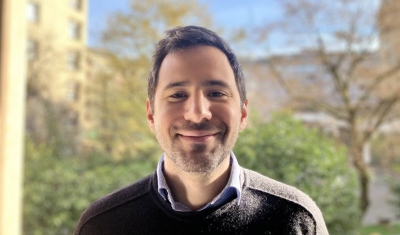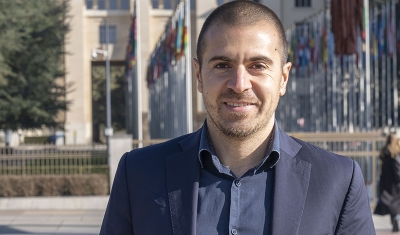Executive Master in International Law in Armed Conflict: What’s New


UNIGE
8 June 2017
Applications for our Executive Master in International Law in Armed Conflict are open. This part-time programme, starting in October 2017 until June 2019, is designed for professionals with demanding jobs and responsibilities. It provides strong theoretical and practical knowledge in international law in armed conflict and responds to the growing need for specialists to address complex human rights and humanitarian challenges. All courses are taught in the first year (2017-2018); the second year (2018-2019) is entirely dedicated to the writing of the Master’s thesis.
Robert Roth, Director of the Geneva Academy and Professor of International Criminal Law, tells us about the programme and its novelties for the upcoming academic year.
WHAT ARE THE SPECIFICITIES OF THE PROGRAMME?
Taught by world-renowned law experts and professors, the programme enables participants to gain specialized knowledge directly applicable to professional work. Courses cover the law of armed conflict, international human rights law and international criminal law. They address current issues and challenges, such as counter-terrorism, peacekeeping, the responsibility to protect or international refugee law.
As courses take place on Thursday evenings and Friday afternoons, participants can continue working while studying at the same time.
WHO CAN APPLY?
This programme is designed for professionals – diplomats, lawyers, legal advisers, judges, NGO staff, human rights advocates, media specialists, professionals working in emergency situations, UN staff and staff from other international organizations – who want to acquire a solid knowledge of international law in armed conflict.
ARE THERE NOVELTIES IN THE PROGRAMME?
As of 2017-2018, a five-day intensive seminar on ‘Leading in the Human Rights Council’ is included in the programme. The seminar includes sessions on the functioning, rules and practice of the Human Rights Council (HRC), the various HRC mechanisms (special sessions, commissions of inquiry, special procedures, universal periodical review), the dynamics at play, and the role, functions and influence of the various actors intervening in this major forum for human rights diplomacy.
DO YOU OFFER DISTANCE LEARNING?
Normally participants in the Executive Master meet every week in the Villa Moynier, which provides for good interaction with the professors and the creation of a ‘group-spirit’. However, especially well-qualified applicants, who cannot be in Geneva during a certain period, may be allowed to enroll in the programme and follow it remotely.
YOU ARE TEACHING TWO CLASSES IN THE EXECUTIVE MASTER: WHAT DO YOU LIKE MOST?
I enormously appreciate the range of backgrounds and past and present activities and experiences. It is not always easy to ensure that no participant is left behind in some very high-level discussions, but I am sure all professors are aware that this is part of their task. I have also encountered very rich personalities who are now considered as more than simple alumni: members of the Geneva Academy ‘family’. The proudness expressed by former participants of having be able to succeed in the programme while being at the same time extremely active within their profession is really rewarding.






